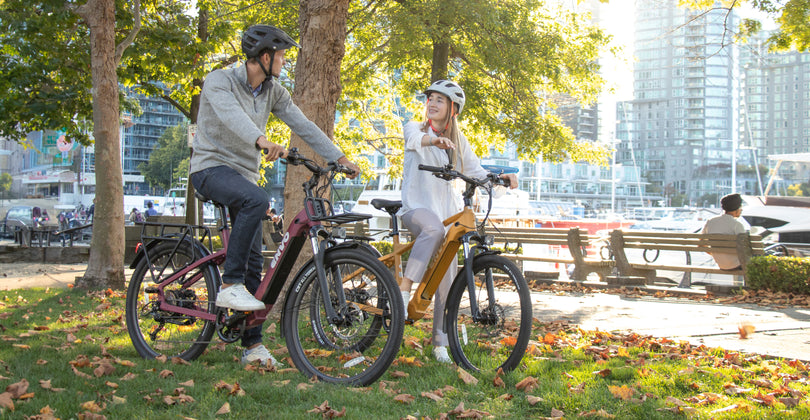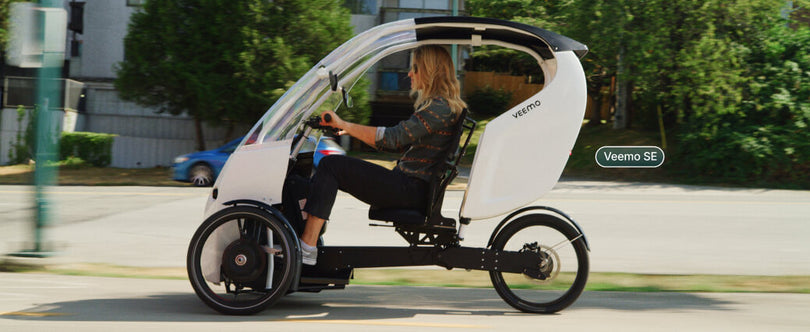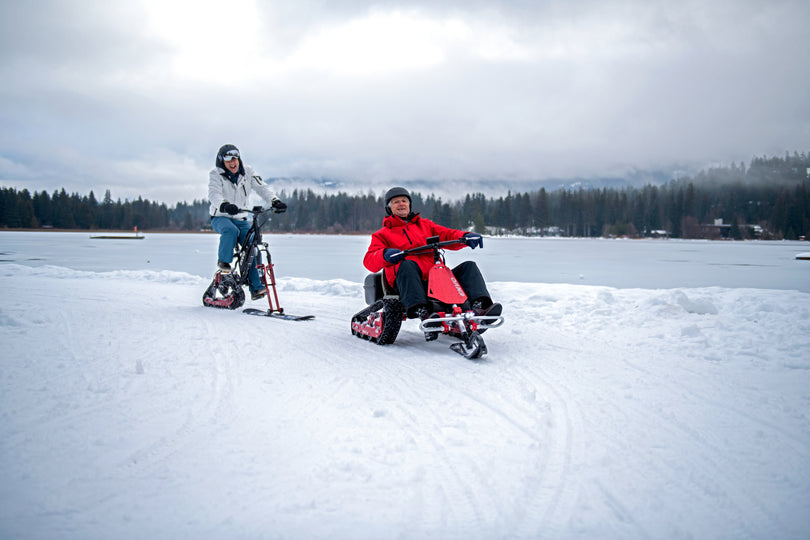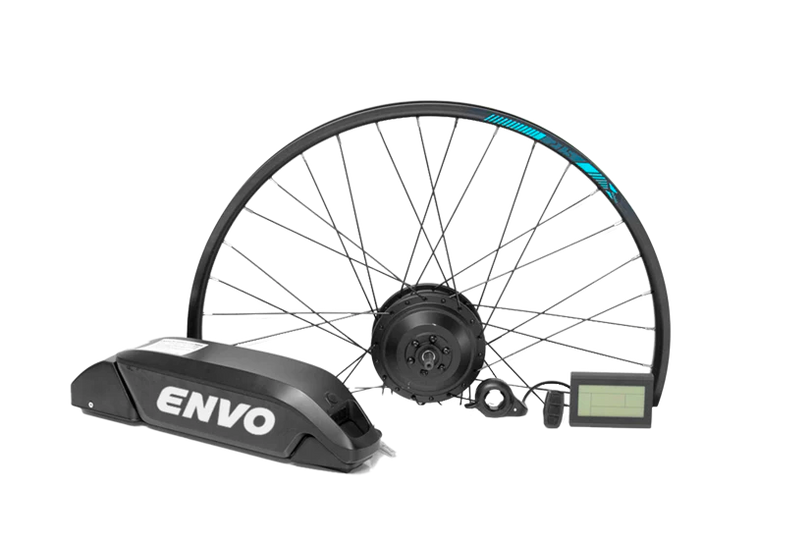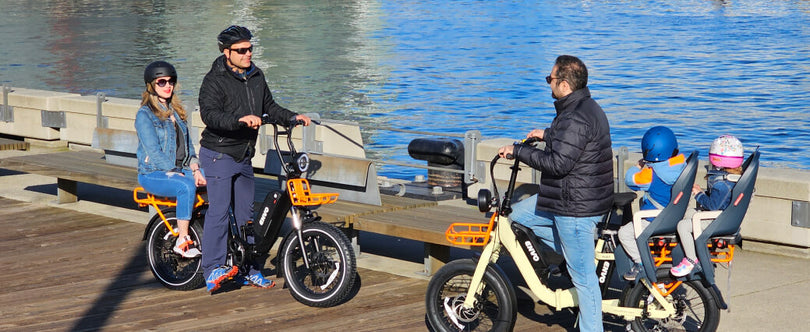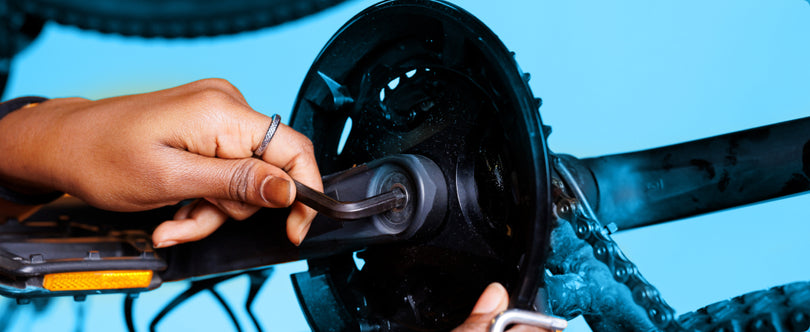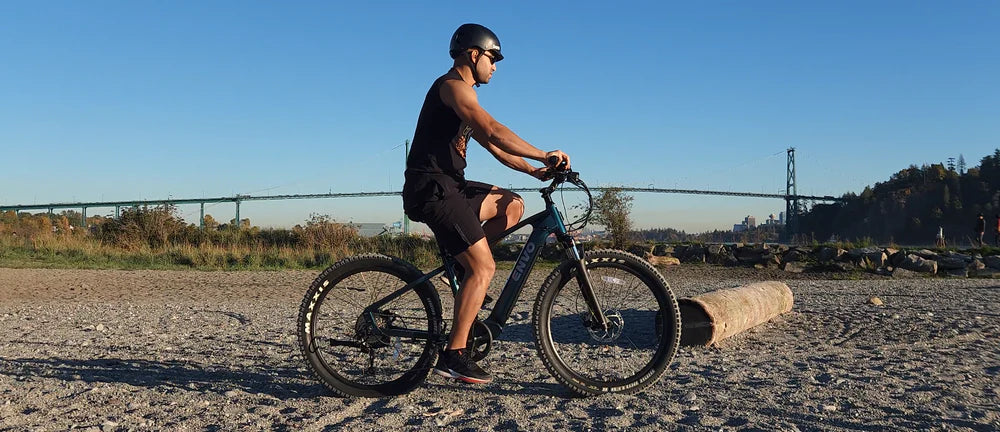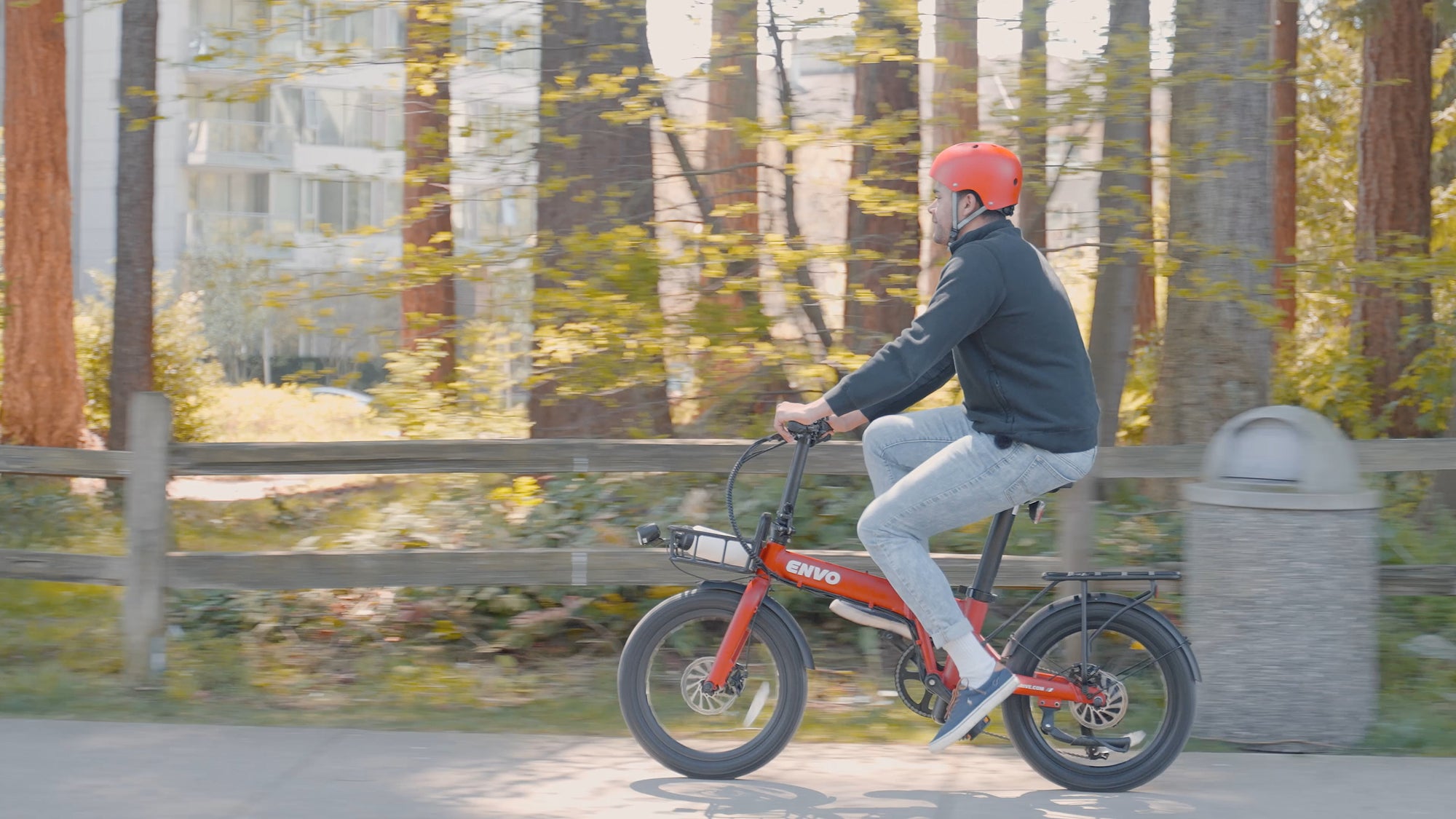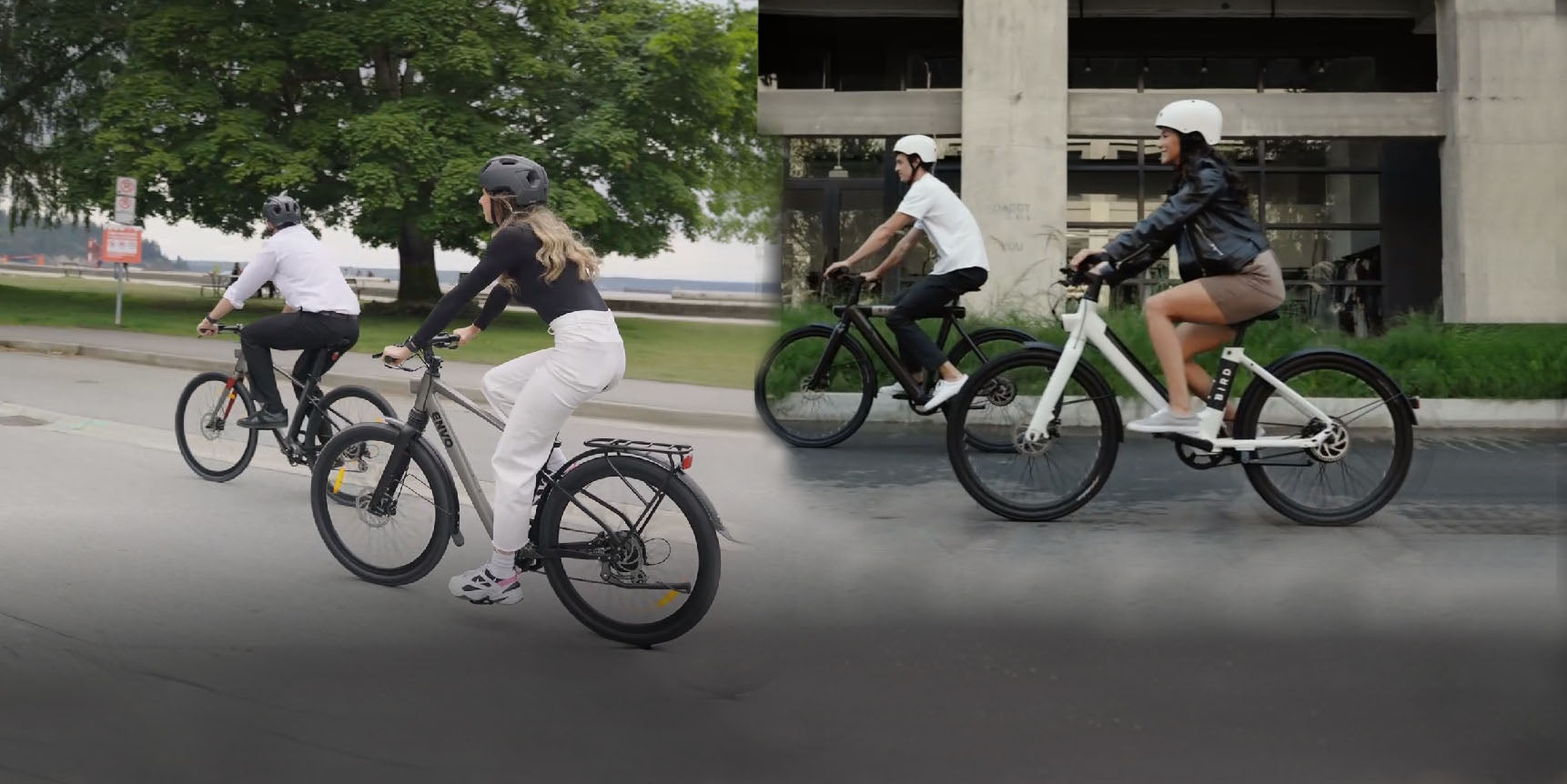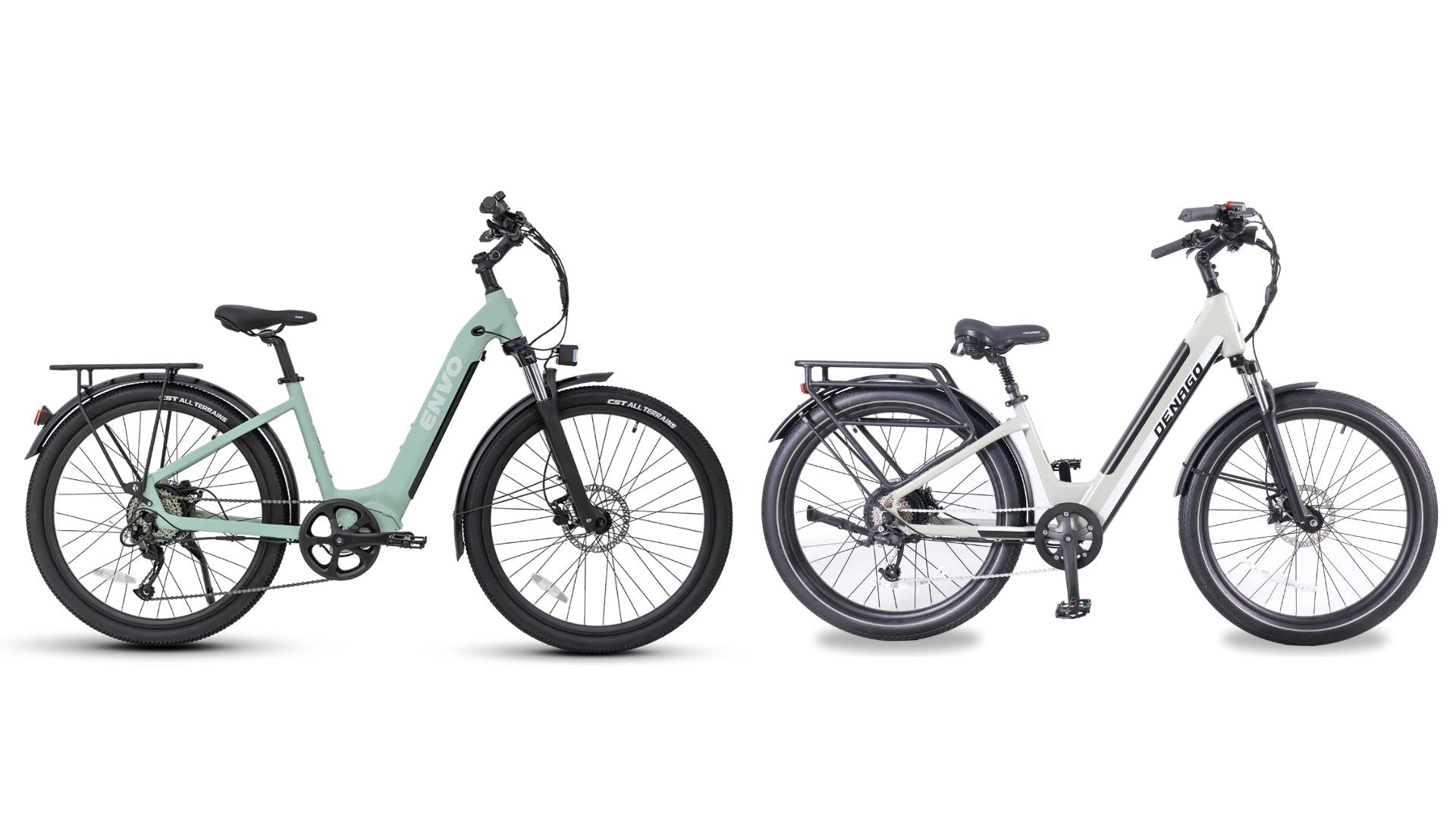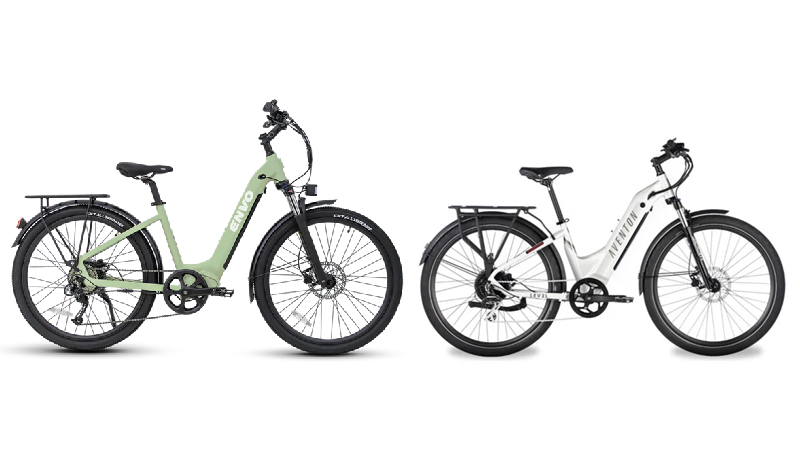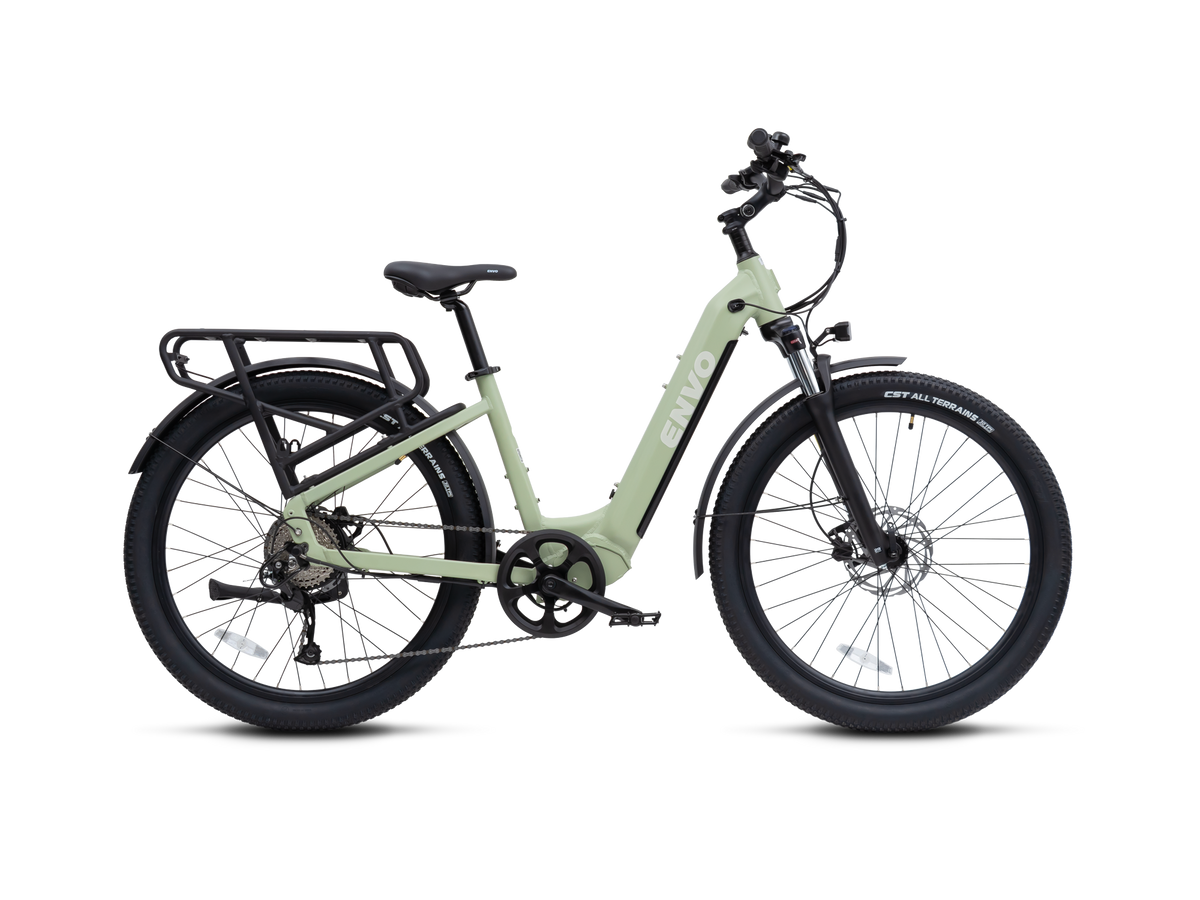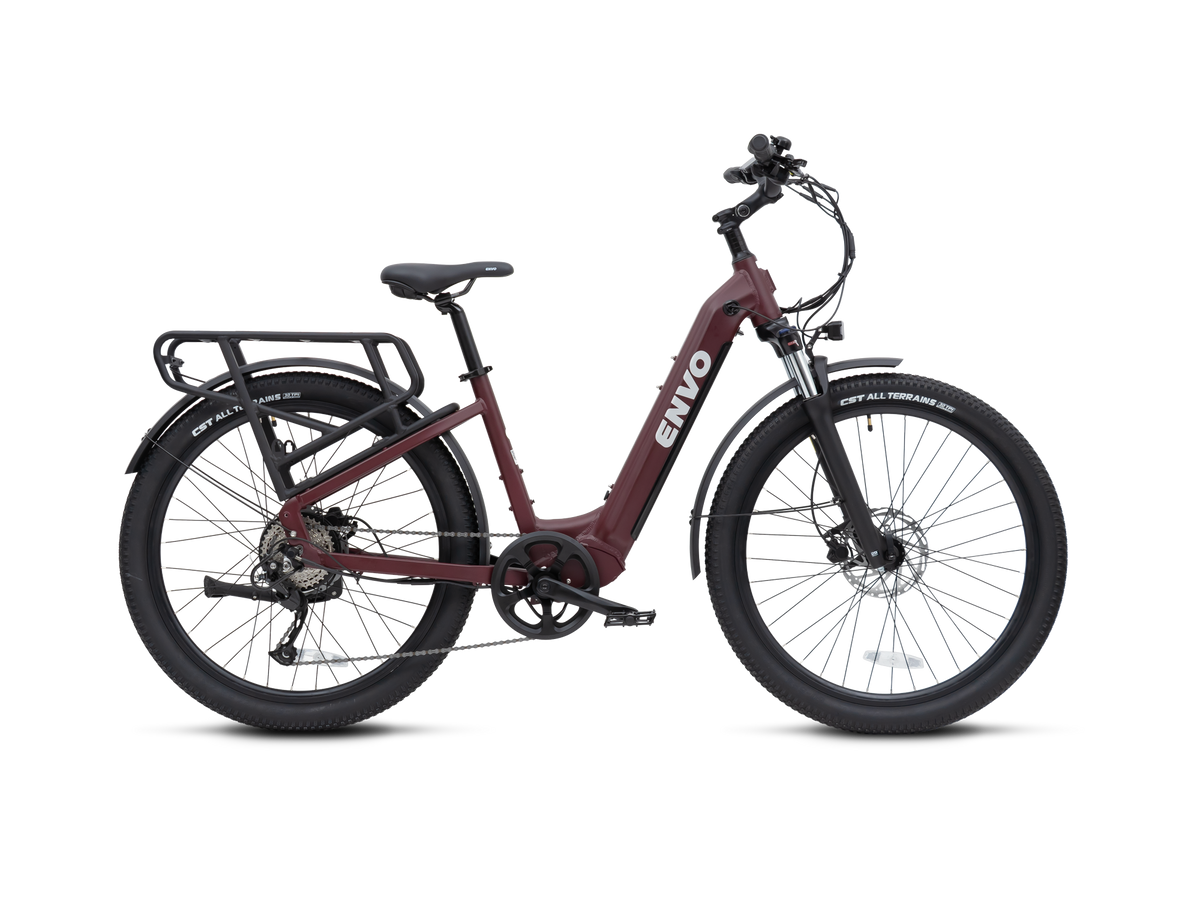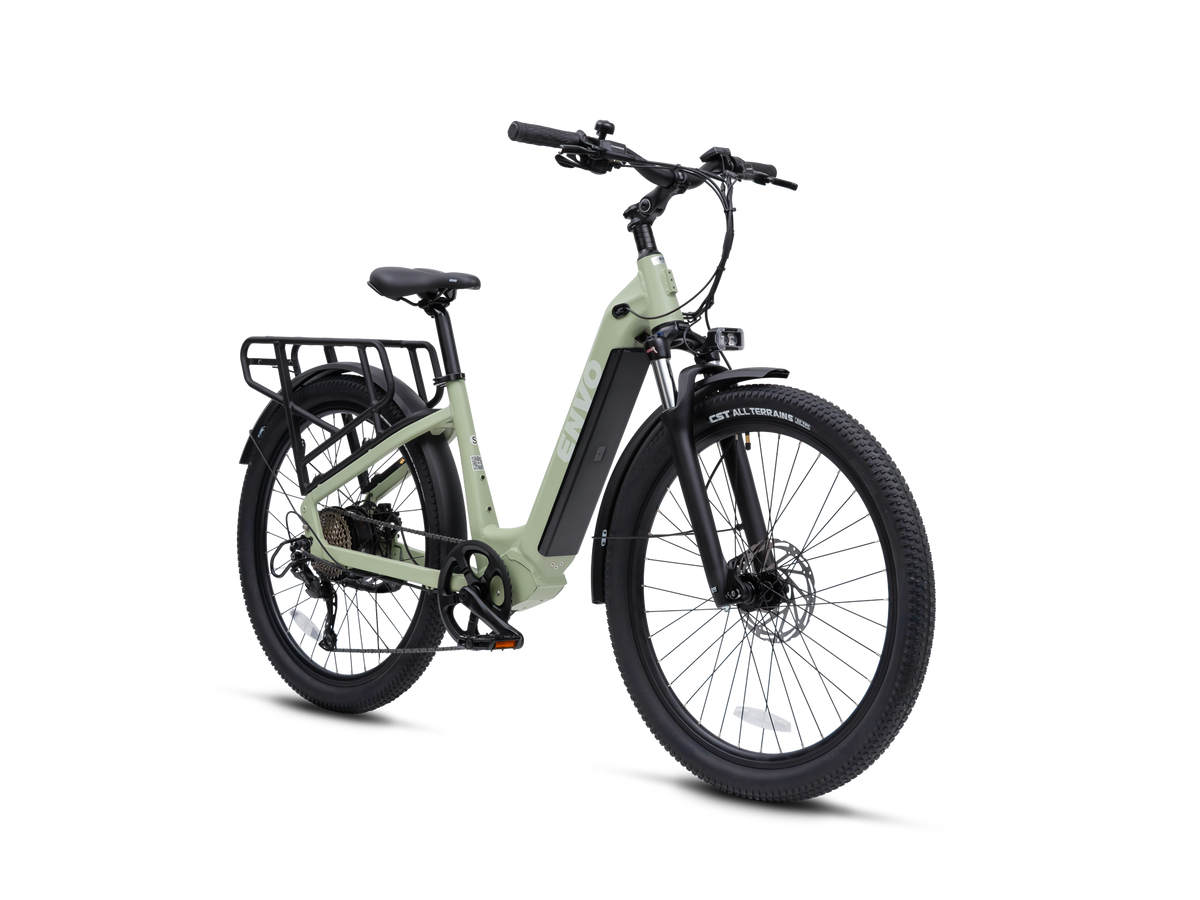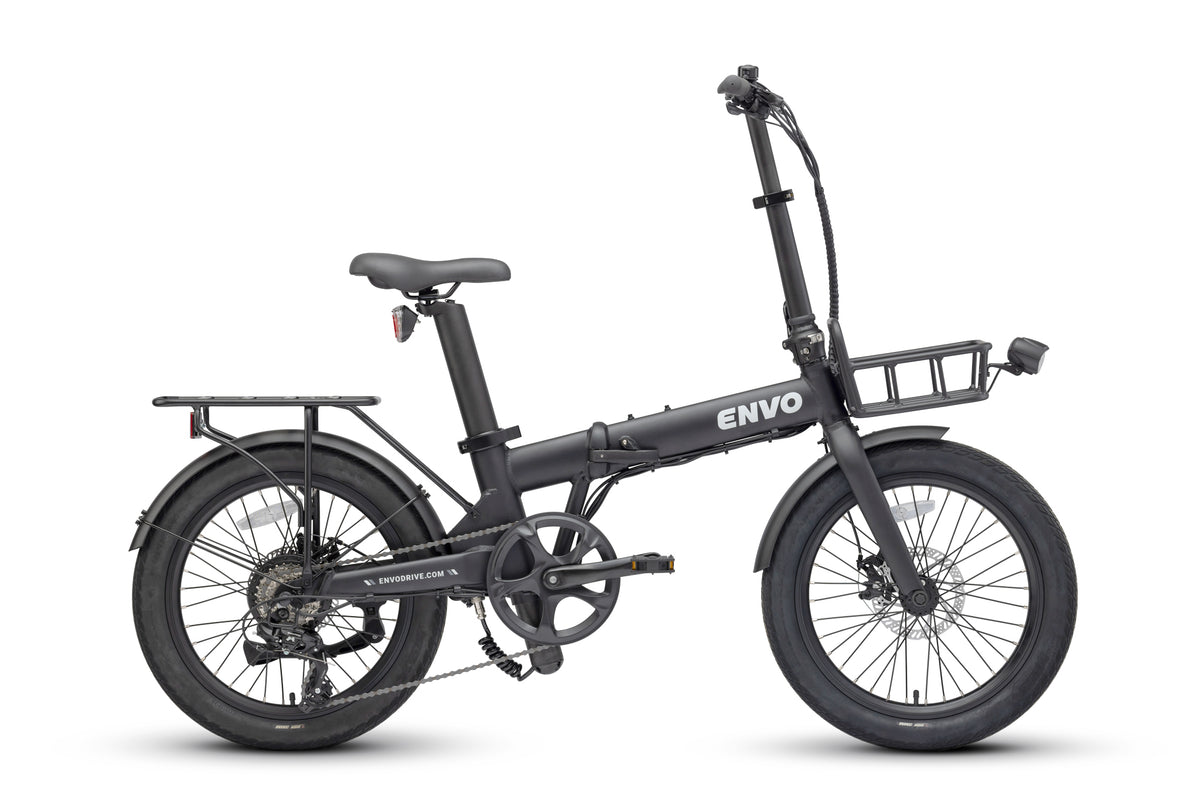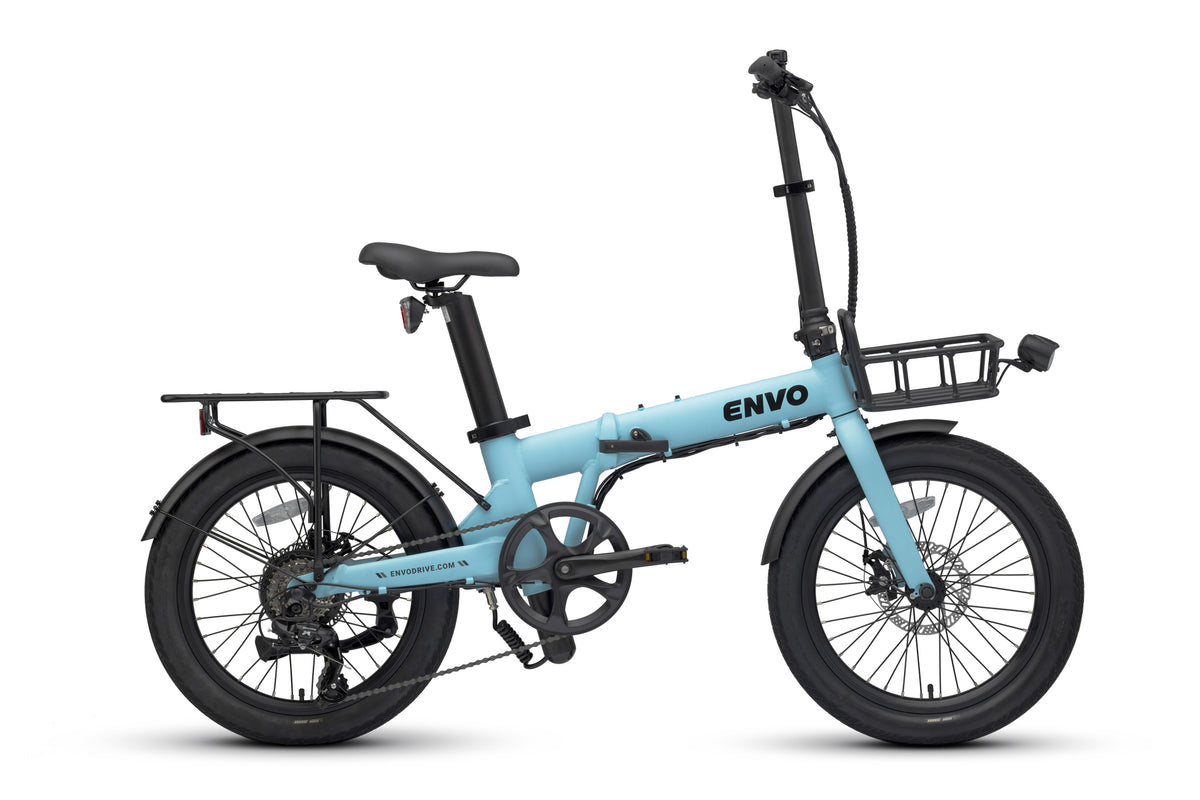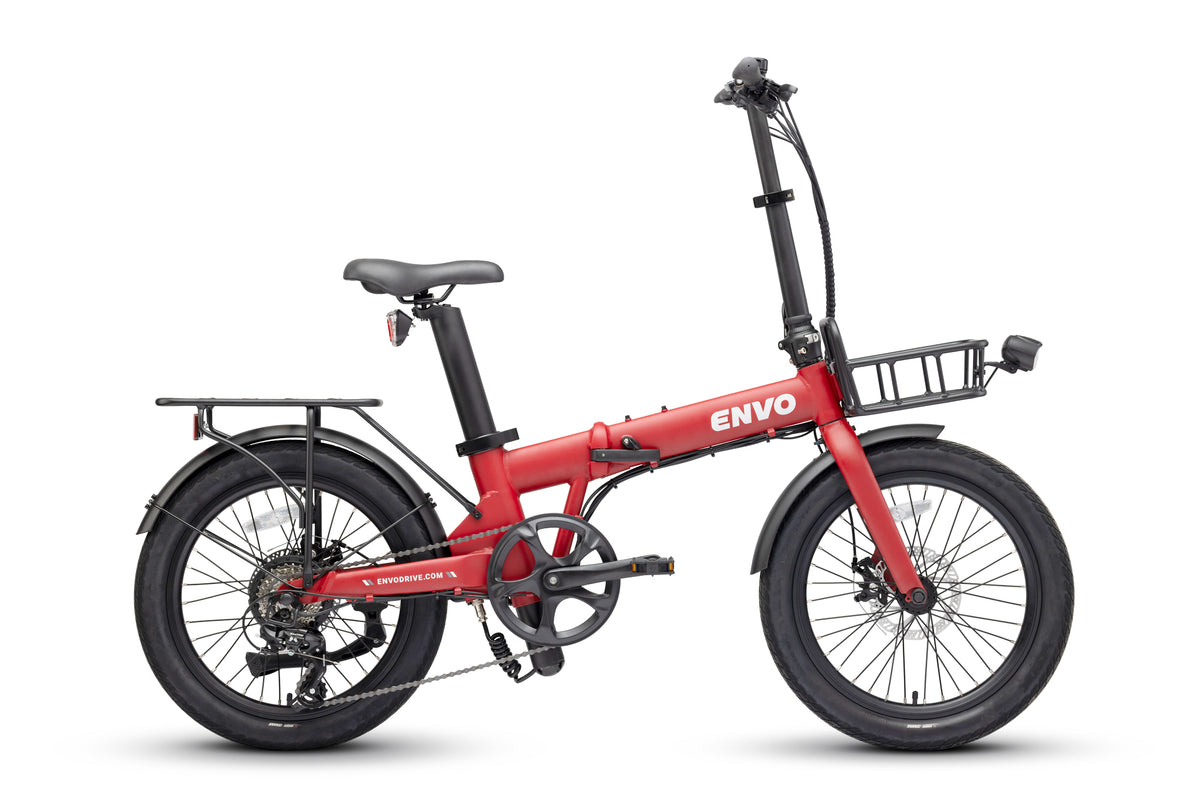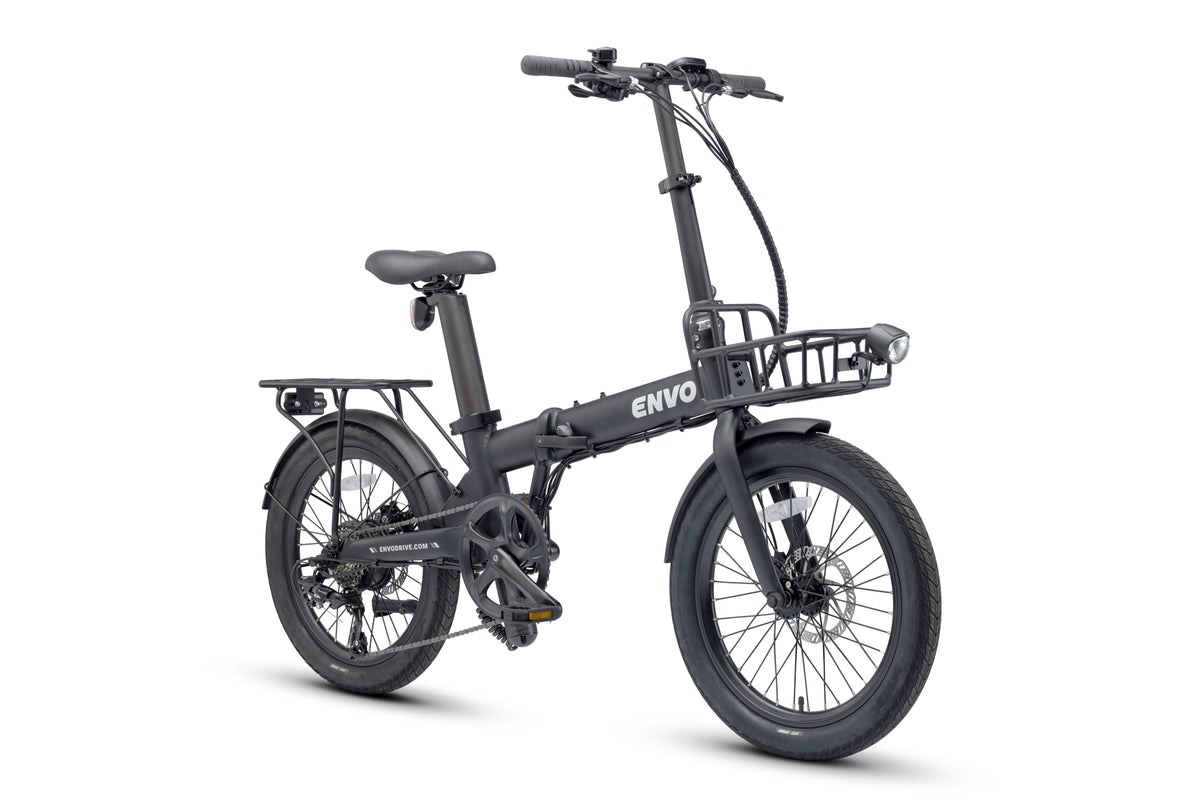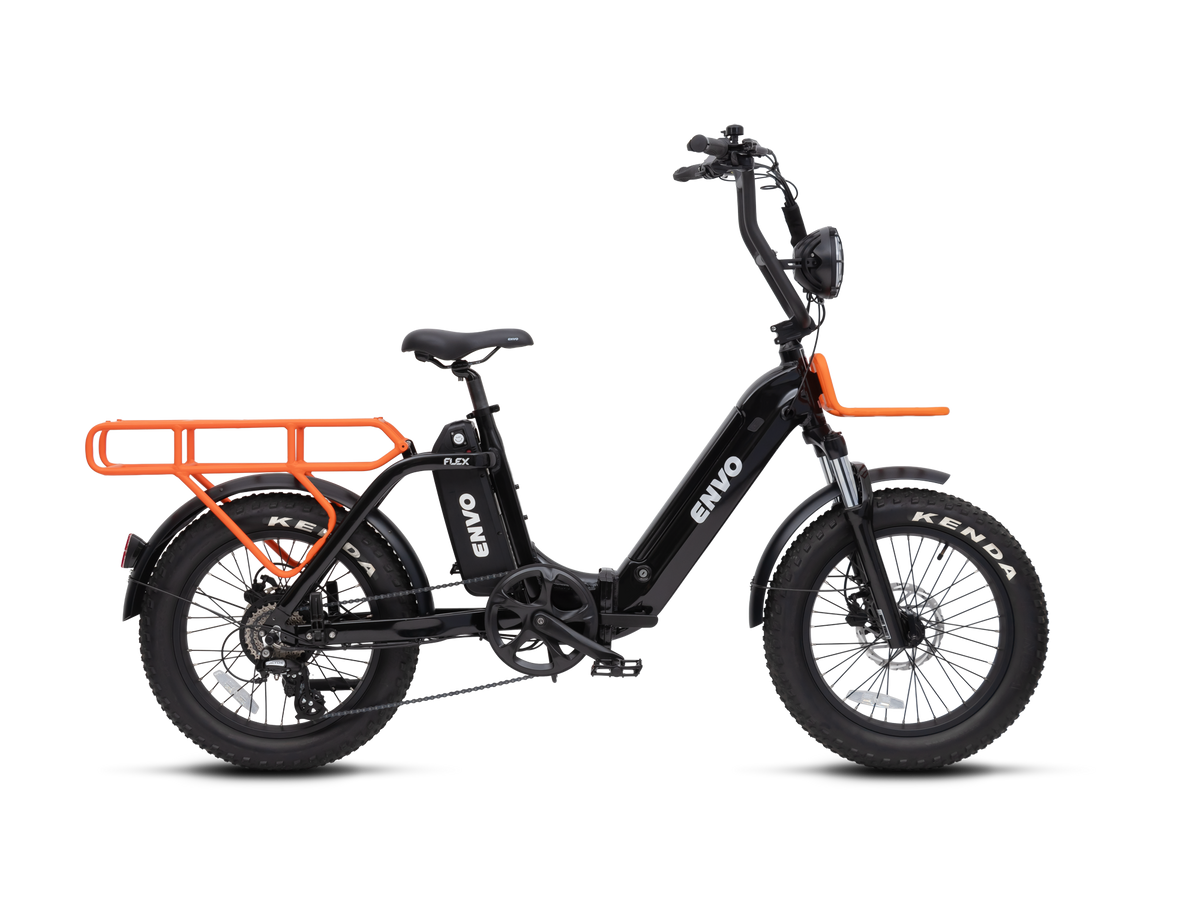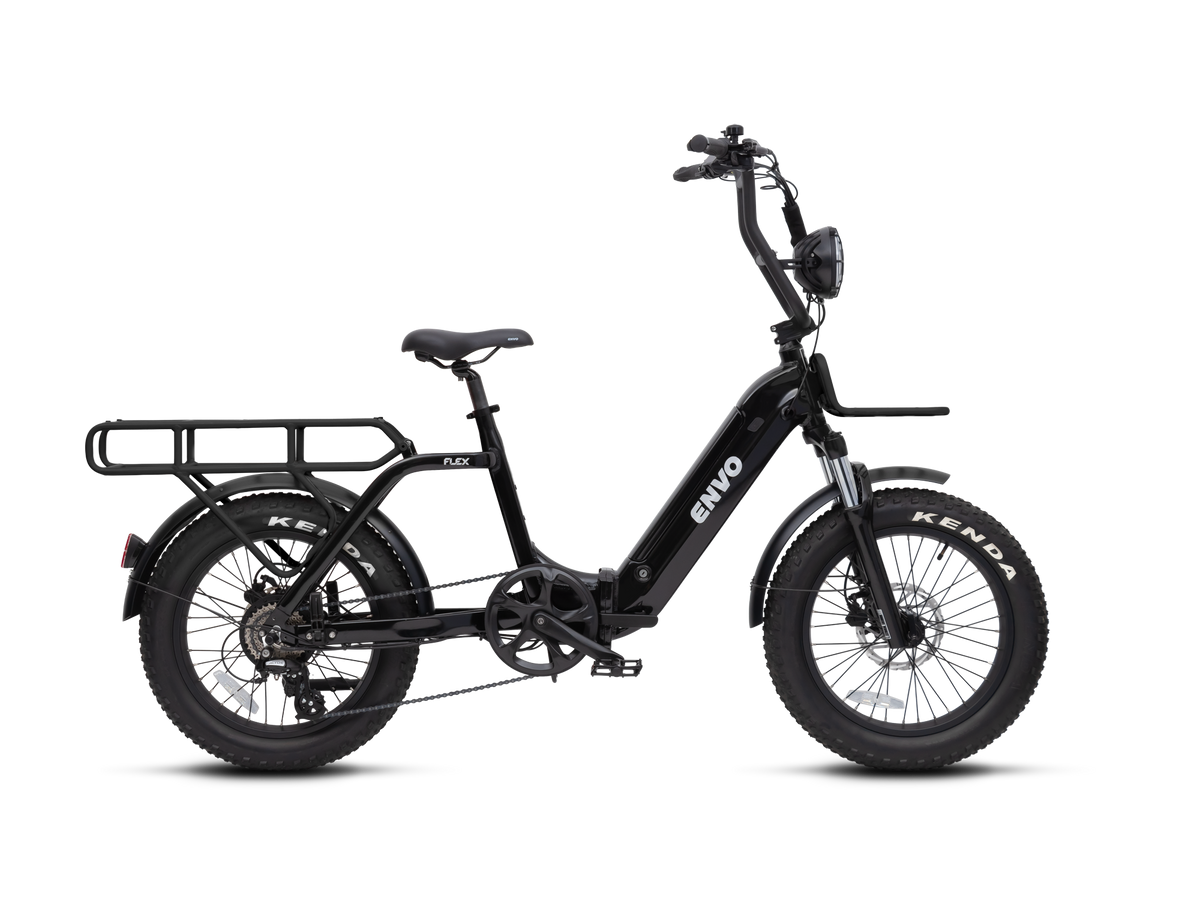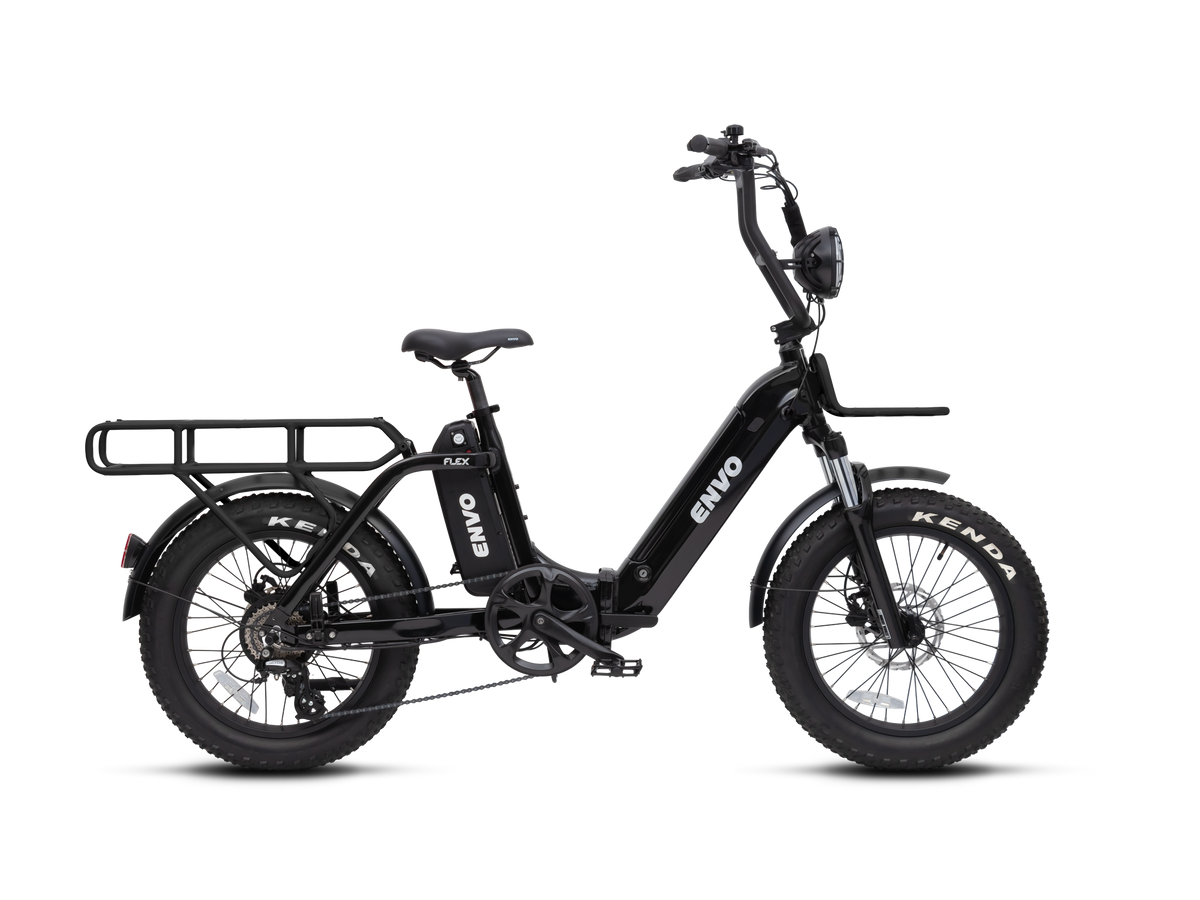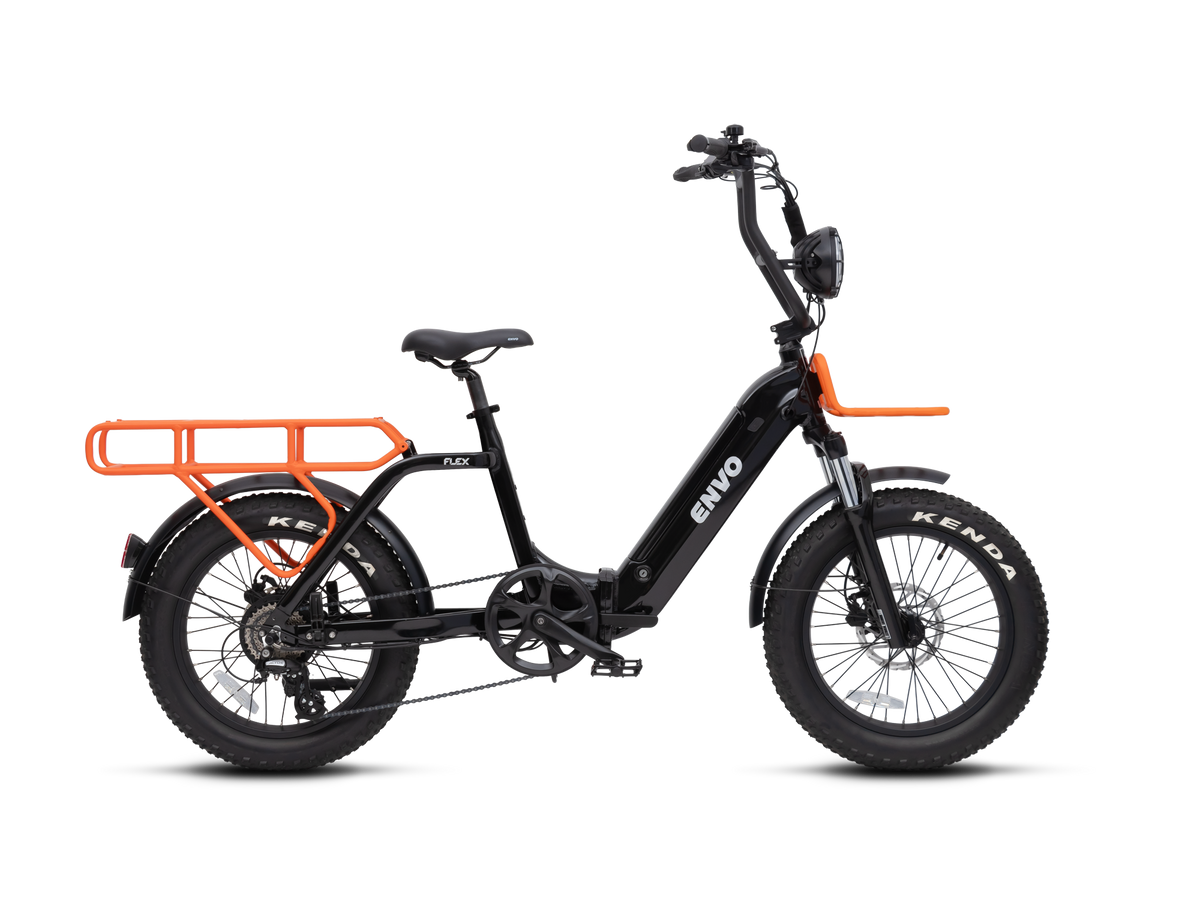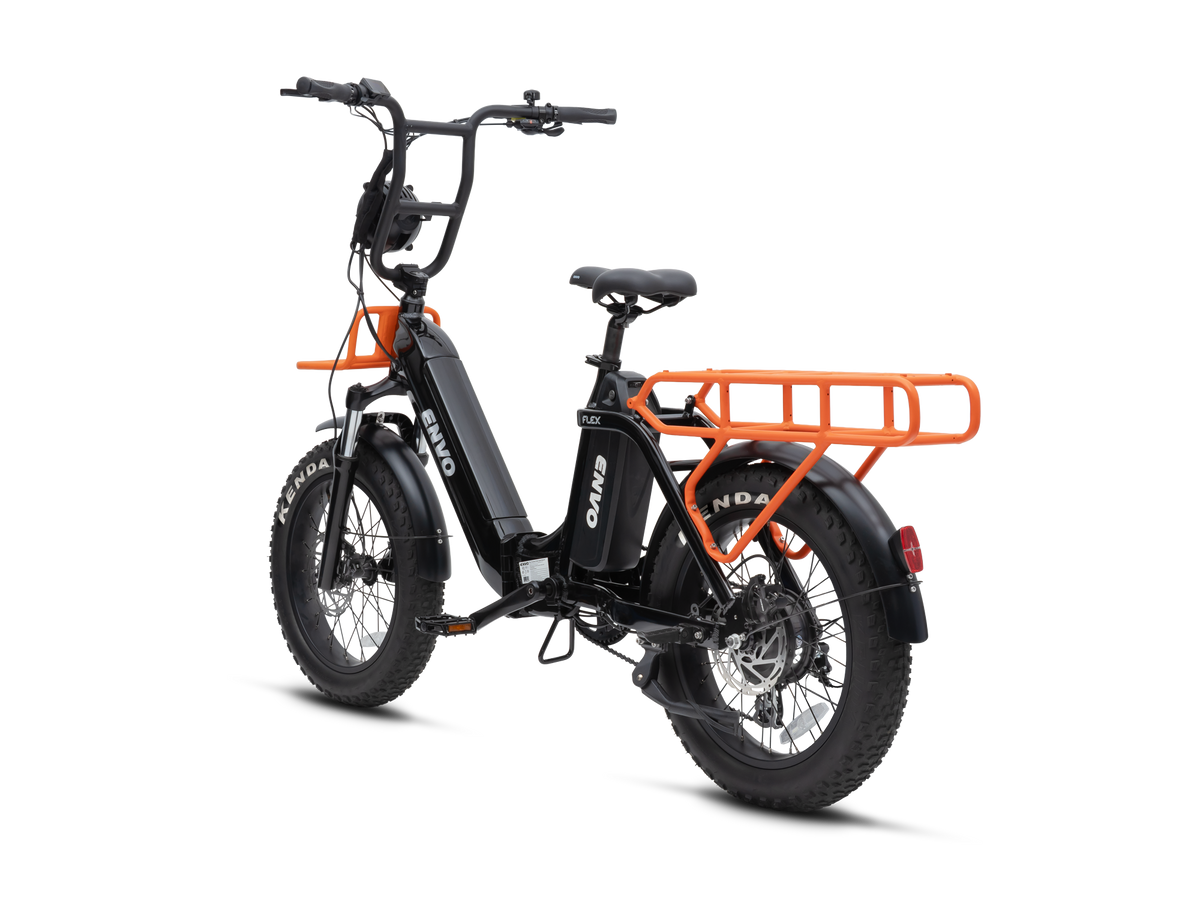Nearly every retail electric bicycle and ebike conversion kit is listed at a specific power level, such as a “500 watt electric bike” or a “250 watt ebike conversion kit”, yet often this power rating is misleading. You may ask: how big a motor do I need for an ebike?!
When it comes to choosing a motor for your e-bike, bigger isn’t always better. Traditional motors range from 250W-500W, but as the e-bike industry grows, so is motor power. High powered motors are available ranging from 1000W-6000W but the question is- could less actually be more? Are there advantages to this upgrade in power? And lastly, how much power do you actually need?
When choosing a motor, there are two important factors. How much you weigh, and the terrain you’ll be riding on. A 250w motor is sufficient for general commutes, while upgrading to a 350W or 500W is beneficial for those who will be doing a lot of uphill rides. To put it in perspective, 6000W motors are appropriate for motorbike racing, and are not designed to be contained to city roads.
Generally speaking, for the average person an efficiently designed e-bike provides more than enough power at 500w or less. In fact, increasing the watts on your e-bike comes with disadvantages. Before we dig into the downside of high-powered motors, it’s important to keep in mind that standard by-laws usually cap motor power at 500w. These regulations came into play based on engineering principles and safety.
Why your motor should be 500w or less:
- In Canadian provinces, most e-bikes are limited to 500W output and cannot travel faster than 32 km/h (20 mph) on motor power alone. However, limiting the wattage of ebike motors doesn’t necessarily limit how powerful they can be. Even though a motor is marked as 250 watts anyone could connect it to a 48V battery and run 20 amps through the motor to achieve 1,000 watts of power.
- Using a bigger motor means using a bigger battery to travel the same distance. With the battery being the most cost heavy part of an e-bike, this translates into additional savings.
- Overheating issues can arise when the motor exceeds 1000W. This is seen mostly on long uphill rides, which is one of the reasons people opt for higher watt motors.
- Motors under 500w have been extensively tested and mass produced. These motors have not only proven to be efficacious but due to the research, they are extremely reliable.
- The excess power provided by motors exceeding 1000W has negative consequences in the event of a crash. Severity and risk of injury increases linearly with motor power and speed.
- 750W, 1000W, 3000W and 6000W motor are too heavy for the average street bike, and can cause downstream problems yielding in unnecessary repairs.
Conclusion
Motor power over 750W provides too much power for a street bike and probably should be considered an electrical scooter or some other type of motorized vehicle.
When it comes to choosing the right motor, it ultimately depends on the intentions of the rider. Lower watt motors are low cost, they comply with street legal standards, they are efficient, and don’t come with the downfalls and risk of higher-powered motors. Our consensus: bigger isn’t always better.

